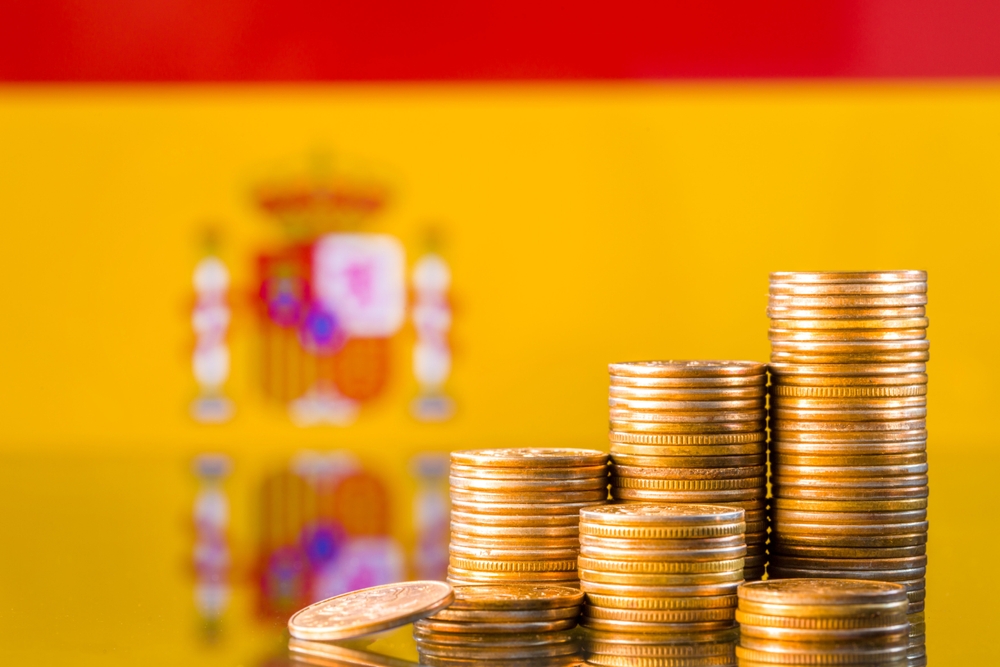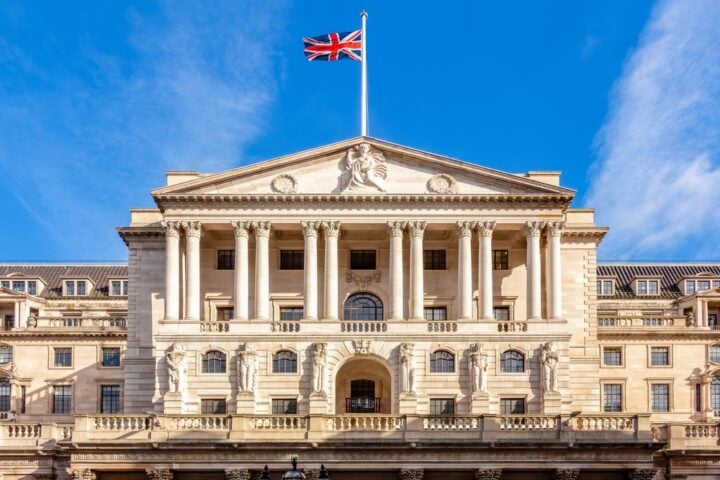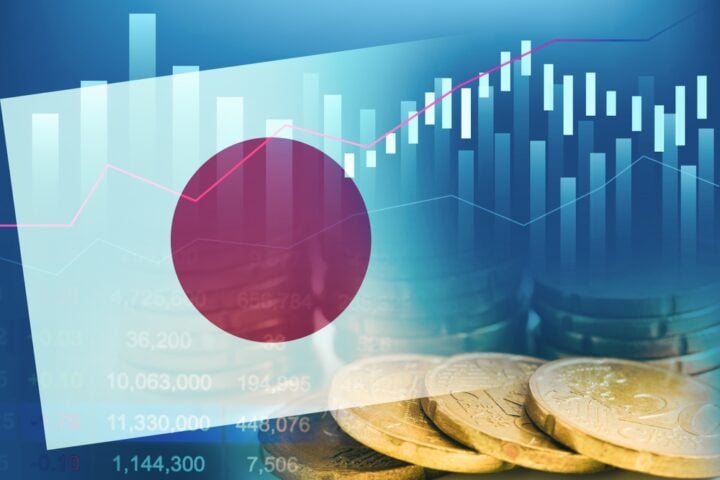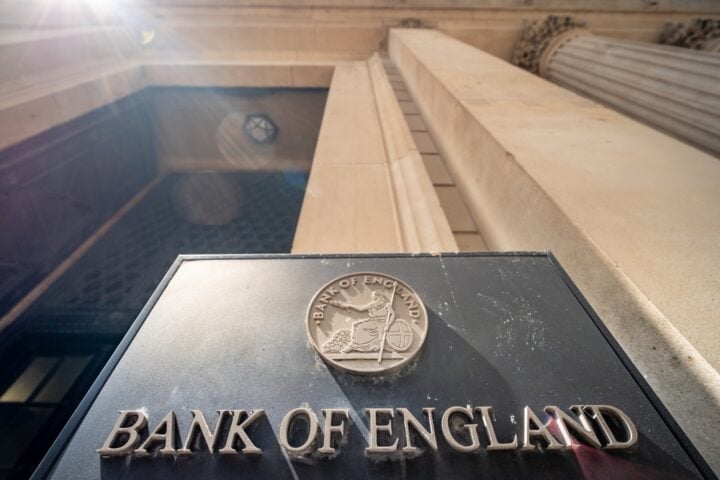Spanish inflation accelerated more than forecast in December, staying above 2% for the second consecutive month due to base effects and rising fuel prices.
- Headline inflation: 2.8% year-on-year (up from 2.4% in November).
- Core inflation (excluding energy and some food prices): 2.6%.
These figures, released by Spain’s national statistics agency, surpassed the 2.6% median forecast in a Bloomberg economist survey.
ECB Eyes Gradual Rate Cuts
European Central Bank (ECB) President Christine Lagarde indicated earlier this month that euro-area inflation is stabilizing, with the recent spikes fading into the past. This sets the stage for continued gradual rate cuts.
- Current ECB actions: Four quarter-point rate reductions this year.
- 2025 outlook: Economists anticipate another four cuts, lowering the deposit rate to 2%.
Yannis Stournaras of the ECB reinforced this cautious approach, suggesting that larger cuts could be considered if data show inflation falling below the 2% target over the medium term.
Drivers of Spanish Inflation
The December uptick in Spanish inflation was largely driven by:
- Fuel prices: A recovery from a steep drop in December 2023.
- Leisure and culture: Minor contributors, as noted by the statistics office.
Spain’s Economic Resilience
Spain has maintained strong economic growth, bolstered by:
- Measures such as free train tickets, even as value-added tax reductions on electricity have been rolled back.
- Unemployment near a 15-year low, boosting wages and sustaining elevated service prices—a key concern for the ECB.
Broader Euro-Area Data Delayed
While Spain’s inflation data was timely, public holidays have delayed figures from other major euro-area economies like Germany, France, and Italy until January.
Expert Insights
David Powell, a senior economist at Bloomberg Economics, notes:
“Base effects have temporarily pushed harmonized inflation higher, but the trend should reverse next month. Core inflation may return to the ECB’s 2% target by mid-2025 unless economic momentum surprises to the downside.”







